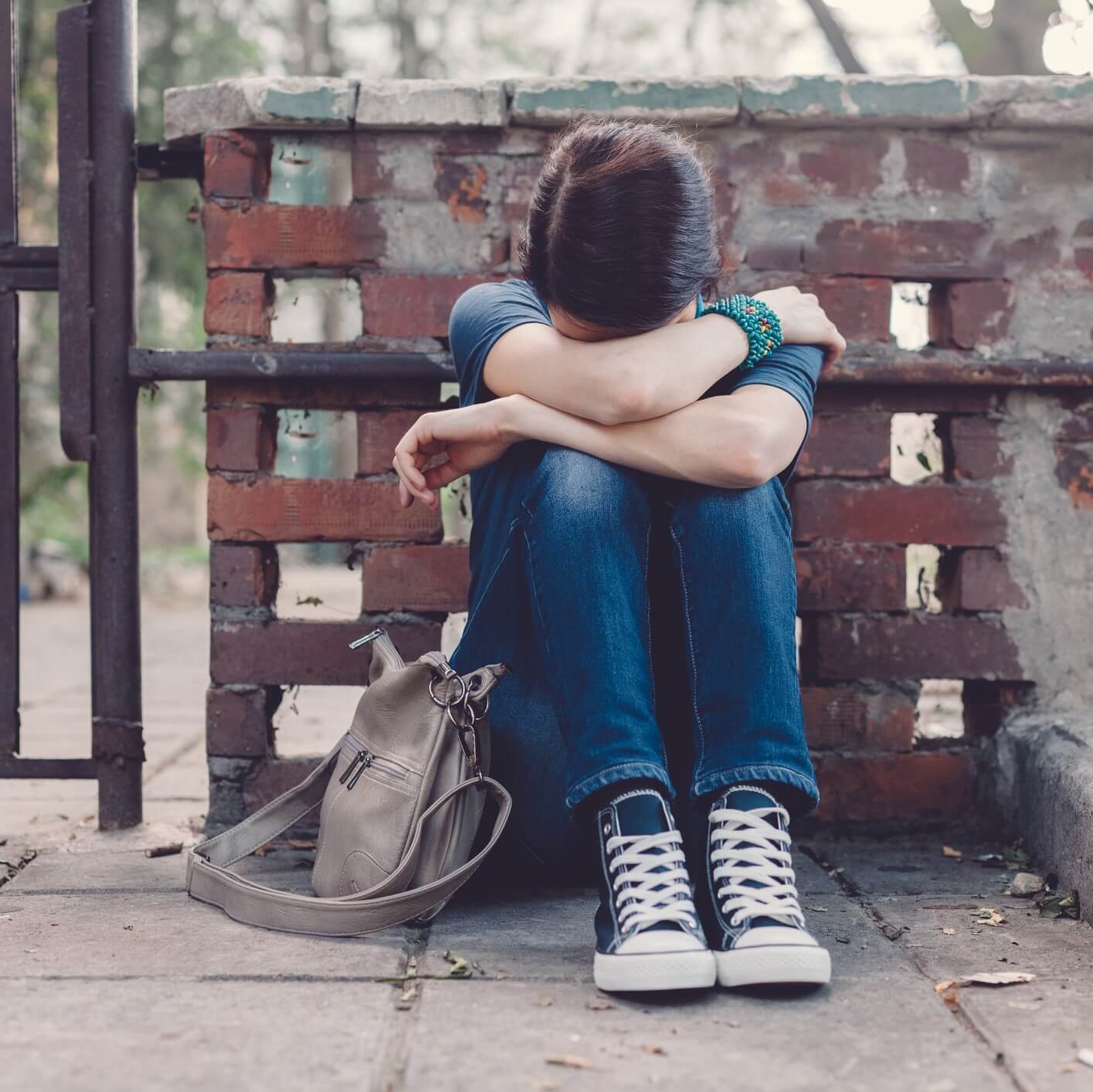Imagine this: you’re driving along without a care in the world, and all of a sudden, another vehicle comes out of nowhere and collides with you. You’re in shock, worried about what happened and what will happen next. Then reality sets in and you start to feel the pain and the anxiety of the situation.
Physically, an auto accident can mean broken bones, contusions, and more. Mentally, any kind of accident can lead to post-traumatic stress disorder. PTSD can develop after car crashes, trucking collisions, warfare, abuse, or any other situation that causes physical or emotional trauma. According to the U.S. Department of Veterans Affairs, 9% of motor vehicle accident survivors develop PTSD.
PTSD affects the daily activities of a victim to the point where it can be debilitating, preventing people from completing even simple tasks. Recovering and healing takes time, effort, and resources. With help, you can succeed and move forward with the healing process. You can continue some of your daily activities without fear of the effects of PTSD. Here are some things you can do to help deal with the effects.
1. Do Things that Refresh You, Mentally or Physically
When someone has PTSD, it can be easy to find some of the activities they once enjoyed are no longer pleasurable. Whether they are simply scared of venturing outdoors or playing sports, certain activities may become unbearable. Identifying positive activities you enjoy will help the healing process. Even if you attempt to do some of the activities that may no longer be pleasurable, doing so will help you change your attitude toward these activities in the future.. Try to maintain a bit of routine in what you do.
2. Add Family to Your Favorite Contacts for Easy Access
Your family and friends are going to be there for you when you need them the most. In moments of trauma, you will need to rely on their support more than ever. Whenever you may be feeling moments of weakness or depression, you should be able to turn to your support system. It is common for you to feel distant from your loved ones or may feel the need to spend time alone; however, it is important to receive emotional support from family and friends to help you maintain as much of your pre-accident life as possible. This can be beneficial in keeping your thoughts positive and your focus on other outlets.
3. Write Down Your "Outs"
Another thing you can do is write down what are called “outs” for whenever you feel you need to escape a situation in which a trigger is present. Outs can include actions such as going for a walk, exercise, plan to go on an adventure, go to the library, and avoid situations that can cause high levels of anxiety.
When writing down these outs, make sure to include potential pros and cons for each one. Create options and strategies so you know exactly what you are going to do, how you are going to do it, and the way you’ll avoid triggers doing it. This creates a solution for everything that you may encounter. Encountering a trigger and having a solution can be considered an achievement and progress towards problem-solving; big parts of the healing process.
4. Avoid Triggers
Triggers constantly remind the victim of the incident that caused the initial trauma. For instance, if someone is involved in a serious crash involving a public transportation bus, a bus can be a trigger that may cause thoughts of the incident once again. This can trigger anxiety, stress, and emotional distress. When you encounter a trigger, remember your outs. Can you get away from a situation? Is there someone for you to call? Know the best ways to reduce the effects of PTSD. Consider writing down your feelings and thoughts to help express your emotions.
5. Make Time to Reset Yourself
While some individuals that suffer from PTSD do great around people, some like to spend time alone. Moments of dissociation can appear in different forms. Victims may feel the need to run away from situations. Some space out or want to leave their own bodies. Instead, take slow, deep breaths, stop and organize your thoughts, relax the body, and if necessary, leave the situation. As soon as you feel symptoms coming on, remember to follow these tips.
6. Use the R.A.I.N. Method to Remain Calm
R.A.I.N. stands for Recognize, Allow, Investigate, and Not Let It Define You. First, recognize your emotions—such as anxiety, fear, or depression. Second, allow the emotions to exist; don’t try and hide them. Third, investigate the why. Figure out why these emotions are there. Lastly, not “letting the emotions define you” means you understand that what you’re feeling is a part of you—but it isn’t who you are.
7. Don’t Fault Yourself for the Trauma
It’s possible for many trauma victims to feel like the PTSD is their own fault because they are letting it affect them and their behavior. Knowing and accepting that it isn’t your fault is important so you’re not allowing the trauma to get best of you. Trauma can be devastating and it can cause the victim to think in ways where they feel they are vulnerable. Be strong during this time. It can help deal with the trauma.
8. Seek Therapy if Needed
Not all issues are manageable on their own. Plain and simple, people going through PTSD often need other sources of help to manage the daily impact. You can have someone who you can speak to about your feelings, receive advice from, and discuss some of the things that may be bothering you. A professional can help you manage triggers and provide methods to keep you calm in moments of anxiety.
You can find PTSD therapists in Harrisburg in this list compiled by Psychology Today, and find more mental health resources on the Pennsylvania Department of Human Services site.
9. Don’t Deny Your PTSD or the Fact You May Need Help
Unfortunately, a lot of people who suffer from PTSD often deny that they have it in order to avoid discussing it or seeking help. In reality, PTSD is nothing to be ashamed of, and you should be able to openly discuss the issues you may be having. Speaking with other people who have PTSD or your support system can help to alleviate some of the problems you may have and get you focused on treatment. Know that it is okay to go through this after such a traumatic event and you shouldn’t feel ashamed of the symptoms you may experience.
These are some of the most common techniques individuals suffering from trauma can use to help heal from the PTSD and cope with their emotional feelings.
Dealing with trauma is never easy and it often requires extensive time, resources, and guidance to help get through each day. With a strong understanding of their needs, our clients trust us to help them seek compensation so they can receive support now and in the future. Your well-being means finding the perfect balance between dealing with the trauma and seeking justice. While you focus on the healing process, we can work with you on the legal aspects to seek justice, compensation, and the peace of mind you deserve.
HHR helps accident victims get back on their feet. Contact our firm today to learn how we help people rebuild their lives.
Other Articles about PSTD:


